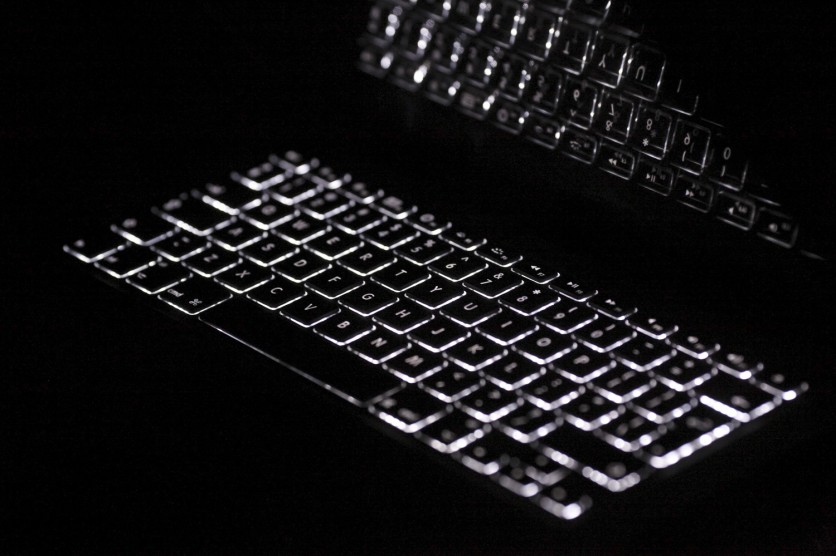Banks in the United States raise fraud alerts as the country struggles with the coronavirus pandemic. They sent emails to their clients as well as set-up their pages to tackle online fraud activities.
This confirms the recent warning from the Federal Bureau of Investigation (FBI) earlier this month. The FBI alerts about the increasing scams, which targets those who do fund transfers.
Recently, there was an increase in business email compromise to institutions purchasing personal protective equipment or other supplies needed to combat coronavirus.
Recent attempts of BEC include a financial institution that received an email allegedly from the CEO of a company. There was a previously scheduled a transfer of $1 million, but the BEC requested to change the transfer date and the recipient account due to the COVID-19 quarantine protocols.
The email address used by the fraudsters was almost identical to the CEO's actual email address, with only one letter changed.
Another case was with a bank customer who received an email from a certain "client" in China. The "client" requested to change all invoice payments to a different bank because they hardy access their regular bank accounts because of "coronavirus audits." The victim sent several wires to the new bank account, leading to significant loss before fraud discovery.

Banks warn clients
Bank of America sent out an email earlier this week to advise its customers to ignore unsolicited messages requesting for their personal or account information such as PINs, access codes, or Federal Student Aid (FSA) I.D.s.
Like all cybersecurity analysts, the bank advised its clients to validate a suspicious email request by calling the bank's official phone number.
Citibank also alerted its customers via email about protecting their accounts during the pandemic. Unfortunately, fraudsters try to take advantage of the worrying situation.
Citibank advised its customers to set up the "Fraud Early Warning" triggers on their accounts and to watch out for suspicious emails, including "medical advice and treatments." Meanwhile, customers can check the Citibank coronavirus page to see the latest updates.
As of Friday, Apr. 17, there were more than 2.1 million reported cases of coronavirus worldwide, with over 672,000 coming from the United States it is by far the most impacted country by the pandemic.
Similarly, Wells Fargo has a dedicated page where customers are advised to inspect to look out for phishing scams, catching people off-guard during this trying time.
Wells Fargo Chief Information Security Officer Gary Owen ensures the public that the bank will not be asking for a card PIN, access code, or online banking password. "If there is any uncertainty, do not respond to requests for information, and go straight to the source to verify legitimacy if possible," Owen said.
Banks recommend choosing different usernames and passwords for each account. It is also advised to create strong passwords with a unique phrase with a mix of letters, numbers, and even special characters. It is also better to activate two-factor authentication to keep the account secure.
In a Fox News report, A.G. Senior Solutions Architect Warren Poschman said that scammers mostly target the ill and the elderly. "Banks are stepping up to remind us that even though much of everyday life is currently shut down, cybercrime hasn't and vigilance is required," Poschman added.
ⓒ 2025 TECHTIMES.com All rights reserved. Do not reproduce without permission.




